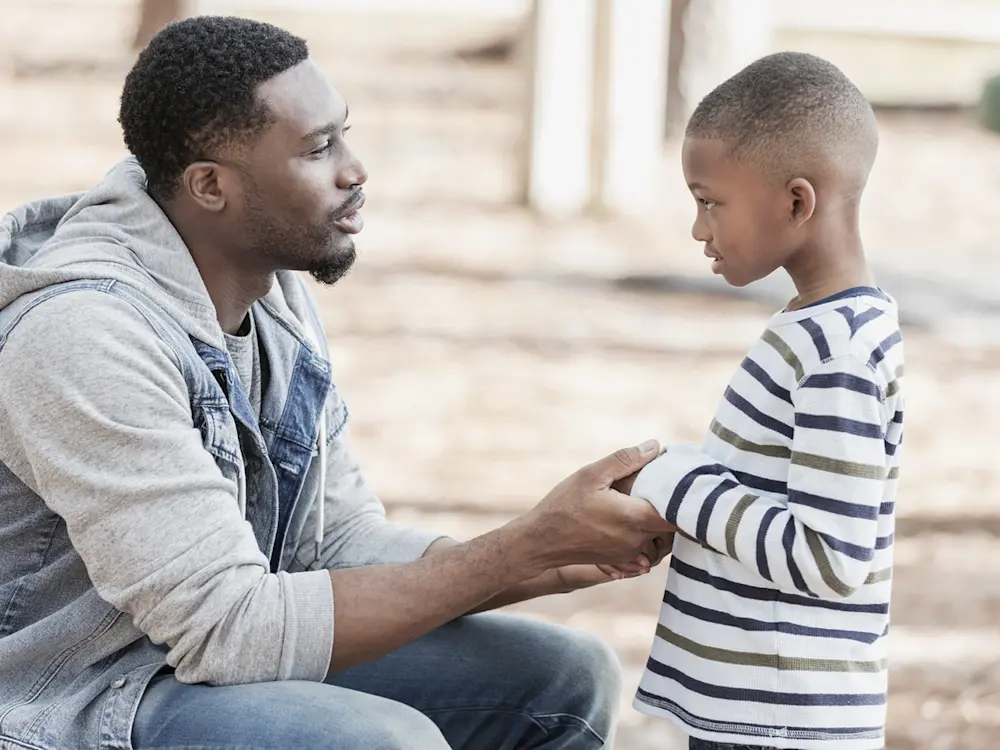Children are a Gift
We believe all children are a gift from God and that the time educators spend with children is valuable both now and in the future. We hope your child will feel the love of God present in our second, third & fourth grade classrooms.
Parents & Educators ~ The Importance of a Shared Mindset
Successfully being able to touch the hearts and minds of our students is greatly accelerated when there is a mutually positive relationship between parents and educators. It is our hope that parents will see our classrooms as, not only vibrant places of learning, but also, an extension of the virtues and values instilled at home. When parents and educators work together and share a mindset of mutual trust and respect, along with an understanding of what is best for all members of our school community, the educational experience that parents and teachers pass on to the students is not only healthy, safe and secure, but also comforting, peaceful and joyful!
Child Development
We understand that child development is unique to each individual. Therefore, we strive to meet each student where they are at academically, socially, emotionally, spiritually and physically.
Character Education
We emphasize the importance of character education in a nurturing Catholic setting. We practice social etiquette, manners and virtuous behaviors. For example, we teach and expect children to say “yes, please,” “excuse me,” “good morning,” etc. We teach students to exercise patience as they wait their turn, courage as they attempt challenging activities and kindness as they learn that God asks us to treat others as we want to be treated. Quality character education reflects the two commandments that Jesus gave us...love God and love others.
Classroom Management
Classroom management refers to a multitude of ways in which teachers manage their classroom. In our classrooms we provide positive feedback, encouraging words, preventative teaching and corrective instruction.
We do our best to help students navigate situations in which a student's behavior affects the productivity, comfort and/or safety of him/herself or others. Usually when a student makes a poor choice, we are able to guide him/her in a better direction. Sometimes this means that it is best if a student steps away from a situation. In these minor instances we would not typically address the parents. However, if poor choices becomes habitual, we do discuss such choices with parents at whatever time we feel a discussion is warranted. Each situation is unique and we do our best to treat them as such.
Generally speaking, we talk a great deal about Jesus' second commandment, also known as "The Golden Rule" to help students understand the effects that their behavior has on themselves as well as others. Please note the following Rights & Responsibilities that we will have posted in our classrooms.
On occasion, despite our best efforts, children sometimes make choices that cause more serious distress. In such cases, we inform parents of the situation in hopes that they will join in our efforts to help the child avoid such situations in the future.
Listening Skills - For Both Home and School
Parents and teachers can help children develop their listening skills by working in partnership. Some helpful tips include:
- Refraining from talking until you have your child’s attention.
- Speak calmly, using proper tone (if child is lacking energy and you want to share exciting news, sound exciting; if child is overly energetic and you need to share serious or important news, utilize a more serious tone, etc.)
- Pay attention to your own body language. Typically children are of smaller stature than their parents...try not to tower over your child when talking. Sitting or bending down is helpful for some conversations.
- Less is more...Typically, using fewer words helps maintain focus and retain information.
- Watch for signs of understanding (eye contact, changes in facial expressions, excitement, etc.)
- Ask your child to repeat back to you (in his/her own words) what he/she heard.
